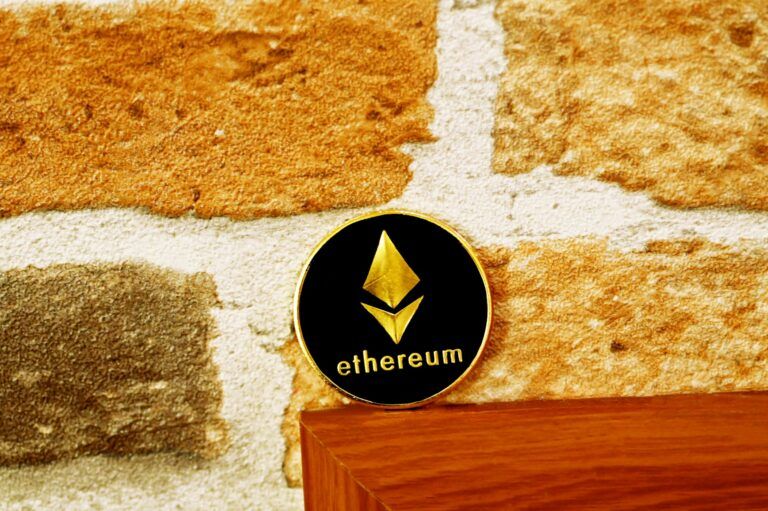Joey Krug, co-chief investment officer at cryptocurrency investment firm Pantera Capital, has revealed he believes that Ethereum rivals are unlikely going to threaten the dominance of the second-largest cryptocurrency by market capitalization over significant “trade-offs” these have made.
Speaking to Bloomberg, Krug noted that Ethereum is currently among the top three positions of Pantera Capital across its funds, and said:
If you roll the clock forward 10 to 20 years, a very sizable percent, maybe even north of 50%, of the world’s financial transactions in some way, shape or form will touch Ethereum.
Pantera is one of the earliest cryptocurrency investment funds and, according to Bloomberg, ranks among the top five in cryptocurrency-focused funds, with $5.8 billion in assets. Ethereum’s critics point out the network is expensive to use over strong demand for gas on it, and that scaling solutions such as the deployed layer-two networks are complex to use.
Other networks supporting smart contracts and decentralized applications, including Solana ($SOL), Polkadot ($DOT), and Avalanche ($AVAX), have been gaining market share over the last few months, to the point Terra ($LUNA) saw its decentralized finance ecosystem recently surpass the $20 billion mark in total value locked.
A recent report published by JPMorgan analysts has suggested Ethereum could see its dominance in the decentralized finance space fade to rivals like these chains, which have significantly lower transaction fees and higher throughputs. Polkadot, as CryptoGlobe reported, has been “growing faster than ethereum did at similar points in its history,” according to a recent report.
Krug, during the interview, noted he believes competitors will eventually use Ethereum as a base if the network successfully moves to a Proof-of-Stake (PoS) consensus algorithm, which would include implementing sharding to help the network scale.
Sharding refers to a partitioning technique that improves a network’s scalability and is set to allow it to process more transactions per second. Sharding splits a blockchain into smaller partitions, known as shards, each one having its own data.
Krug said:
There’s too many trade-offs other chains are making that Ethereum is not making on the decentralization side that are pretty important.
As reported, the total value locked on the decentralized finance ecosystem built on top of the Solana blockchain, another ETH rival, grew throughout November 2021 while Ethereum transaction fees hit a new all-time high that month, suggesting investors rotated to Solana over its cheaper transaction fees, according to a CryptoCompare report.
DISCLAIMER
The views and opinions expressed by the author, or any people mentioned in this article, are for informational purposes only, and they do not constitute financial, investment, or other advice. Investing in or trading cryptoassets comes with a risk of financial loss.
IMAGE CREDIT
Featured image via Unsplash









